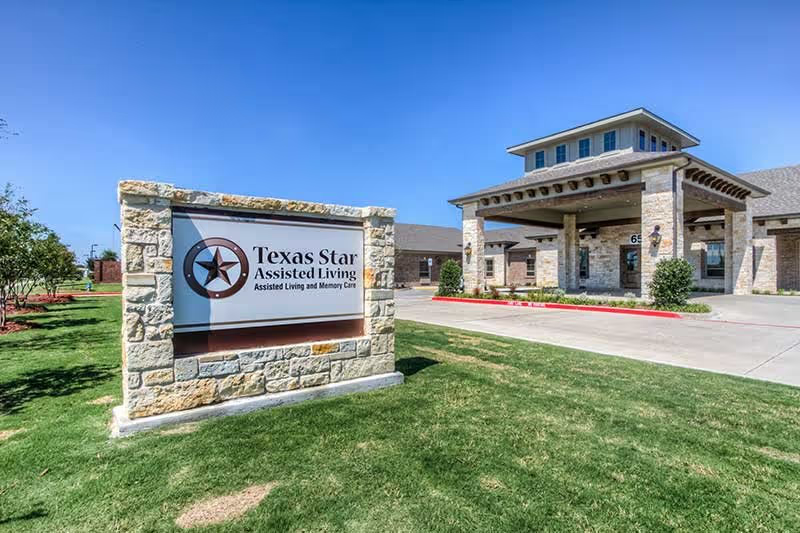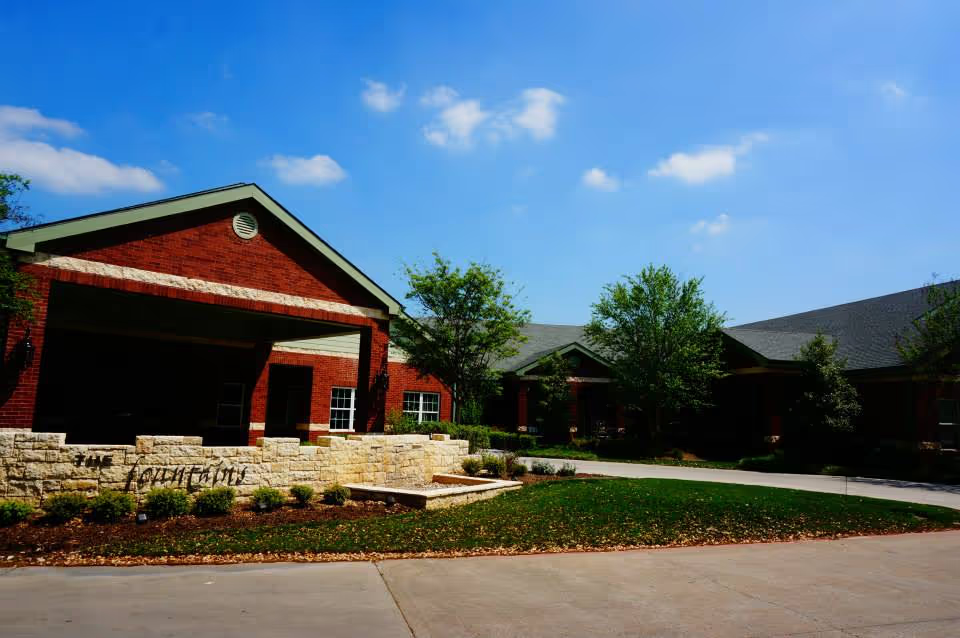These reviews present a starkly mixed and polarized picture of Pleasant Hill Health and Rehabilitation Center, with strong praise from some families and highly alarming complaints from others. A recurring theme is inconsistency: many reviewers describe dedicated, compassionate individuals (nurses, aides, social worker, maintenance and dietary staff) who provide attentive care and communicate well, while other reviewers accuse the facility of serious neglect, abuse, and unsafe practices. This split suggests that experiences at the facility vary widely depending on unit, staff on duty, and possibly timing.
Care quality and resident safety are the most consequential and divisive issues. Positive reports describe residents receiving excellent, empathetic care, improved appetite, good responses to therapy, proper feeding (including tube feeding when necessary), and families who feel supported. However, a significant number of very serious allegations include residents not being bathed for extended periods, being left soaked or soiled, untreated pressure sores or seeping wounds, and multiple falls. Some reviewers assert medication errors and misrepresented medical test results, and at least one report alleges staff refused to follow a family request to call an ambulance. These are red-flag complaints that families explicitly describe as endangering their loved ones.
Staffing and supervision are central to many complaints. Several reviewers point to understaffing—especially on the memory care/dementia unit—reporting only one CNA on shift, low staff-to-resident ratios, and frequent staff/administrator turnover. Understaffing is linked in the reviews to poor caregiver supervision, missed care tasks, and delays in responding to resident needs. Conversely, other reviewers praise specific staff members and units for being attentive and communicative, suggesting staffing quality and management practices vary across shifts and departments.
Facility cleanliness, maintenance, and infection control emerge as mixed but critical concerns. Positive reviews note a homey, comfortable atmosphere, a nice outdoor area, and responsive maintenance. However, multiple reviews allege severe sanitation problems: mouse infestation (including damage to furniture), nasty bathrooms, beds left on plastic with no sheets, and missing or stolen belongings. One reviewer specifically noted teeth lost and a recliner ruined by mice. Housekeeping is described as uneven—some staff (notably “Jordan”) are singled out for good work, but many describe poor cleaning practices such as not cleaning under beds or moving furniture.
Management, communication, and family interactions are another polarizing theme. Several families praise clear, timely communication, empathetic social work, and administrators who are easy to work with. In contrast, other reviewers report rude, condescending, or intimidating behavior from nurses and administrators, including yelling at family members, threats, and refusal to share medical records. Some reviewers describe a culture of defensiveness or arrogance, and a few indicate they filed state complaints with minimal observed improvement. There are also mentions of suspected employee-posted positive reviews, which some families cite when questioning the authenticity of glowing comments.
Activities and resident engagement receive consistent negative mention from multiple reviewers: calendars advertising activities that do not occur, limited observed programming, and lack of engagement for memory-care residents. Some families had to repeatedly complain to get basic social or activity services provided. Conversely, a few reviewers reported a pleasant social environment where residents greet staff warmly and there is teamwork among employees.
Dining and therapy services are generally among the more positively reported areas. Several reviewers explicitly compliment the food, dietary staff, and therapy/physical training personnel. Maintenance and a handful of housekeeping and nursing staff also earn repeated praise.
Overall pattern and implications: the reviews indicate a facility with pockets of genuinely good care provided by dedicated staff but also with serious systemic problems reported by multiple families—neglect, sanitation failures, medication and medical-record concerns, understaffing, and troubling management behavior. The divergence between very positive and very negative reports suggests inconsistent standards and uneven enforcement of policies. Families should treat the pattern as a warning sign: when problems include untreated wounds, alleged medication errors, infestations, and intimidation of families, those are issues that warrant immediate attention by regulators and careful scrutiny by prospective residents and their families.
Recommendations for families based on these reviews: verify recent state survey results and complaint history, ask specifically about staffing ratios (especially on memory-care units), request and review medical records and care plans, inspect the physical environment for cleanliness and pests, ask how activity schedules are actually implemented, and seek references from current residents’ families. If serious allegations (untreated wounds, repeated falls, medication errors, infestations, theft) are substantiated or cannot be satisfactorily addressed, families in these reviews reported removing loved ones to find safer, more reliable care settings. In short, the facility shows examples of very good care but also contains multiple reports of serious and potentially dangerous failures; prospective families should perform careful, thorough due diligence.







